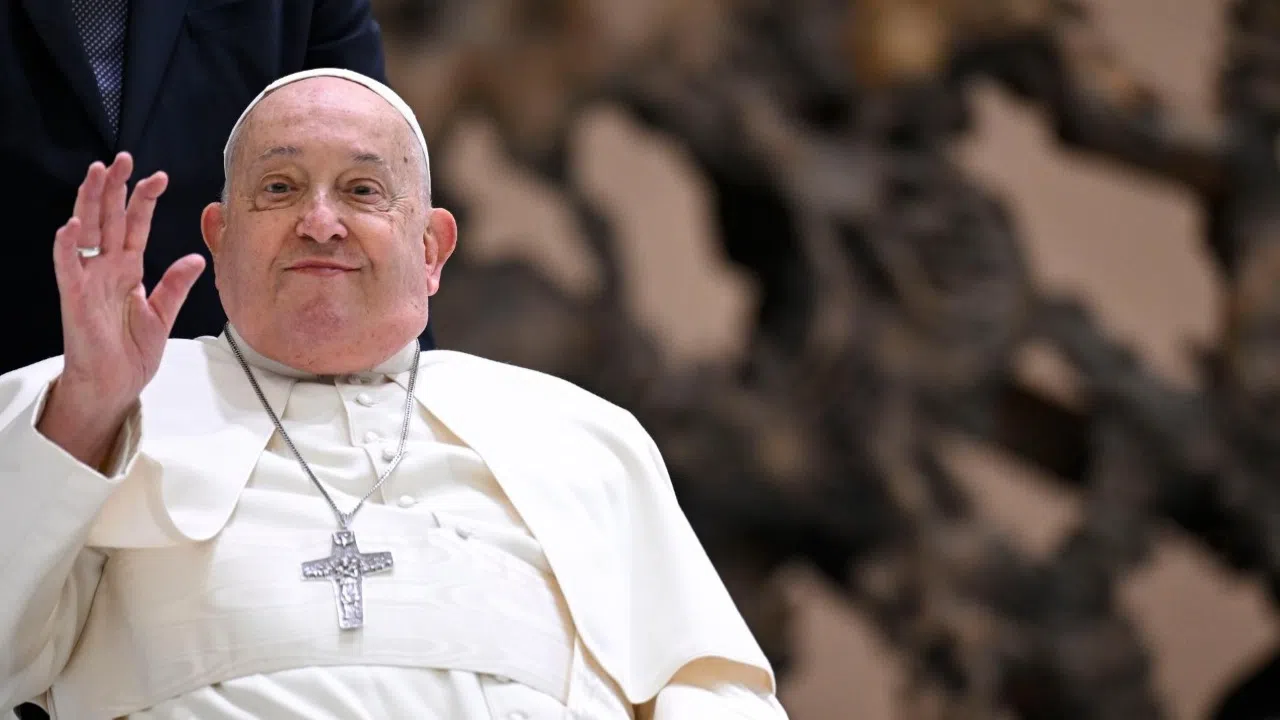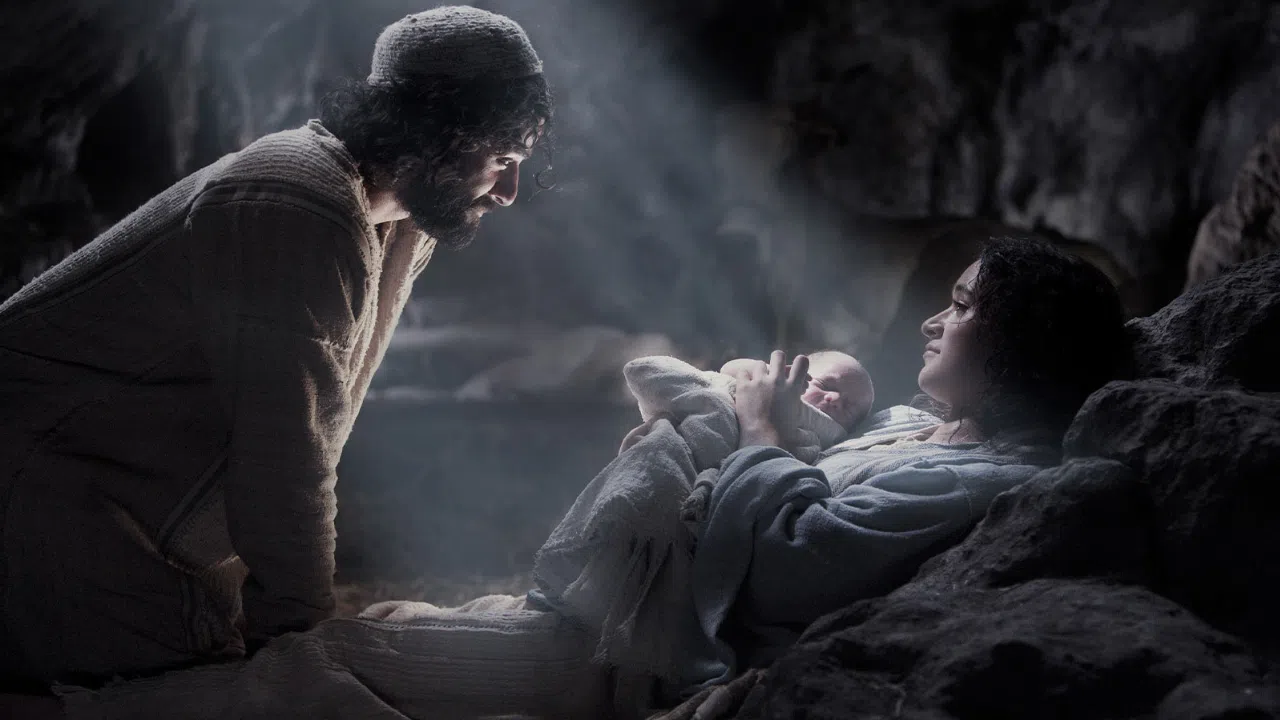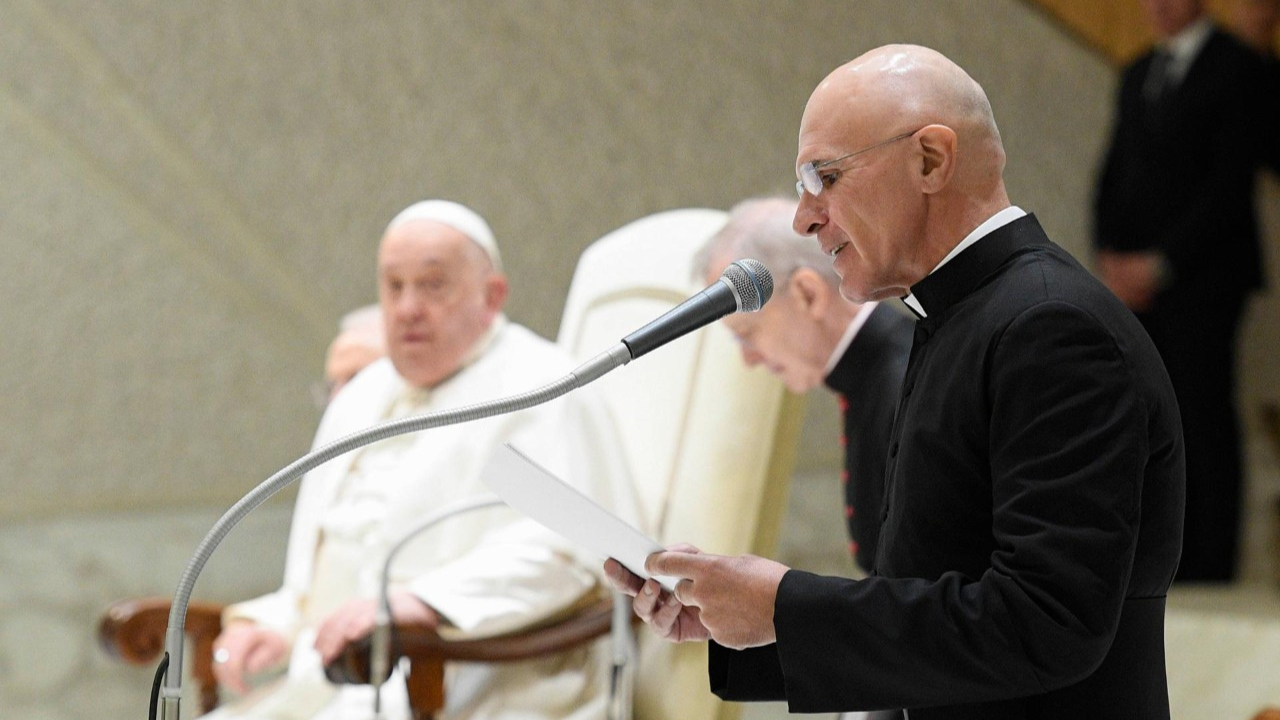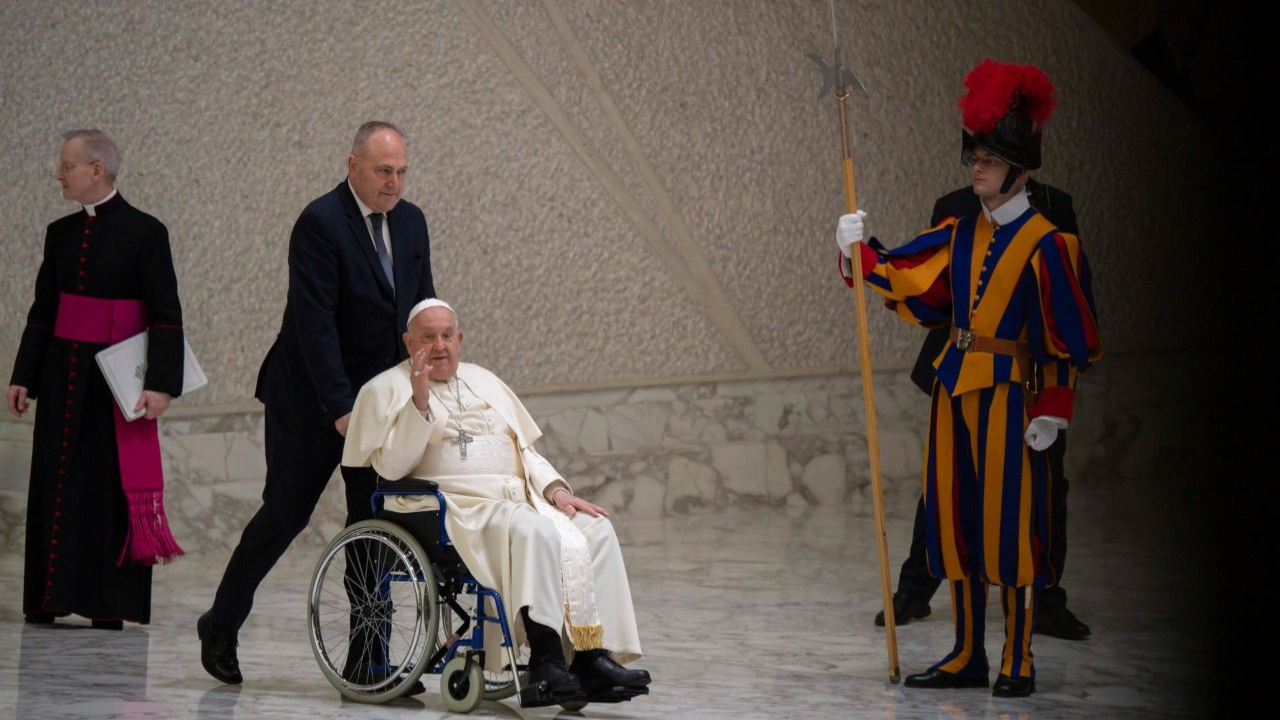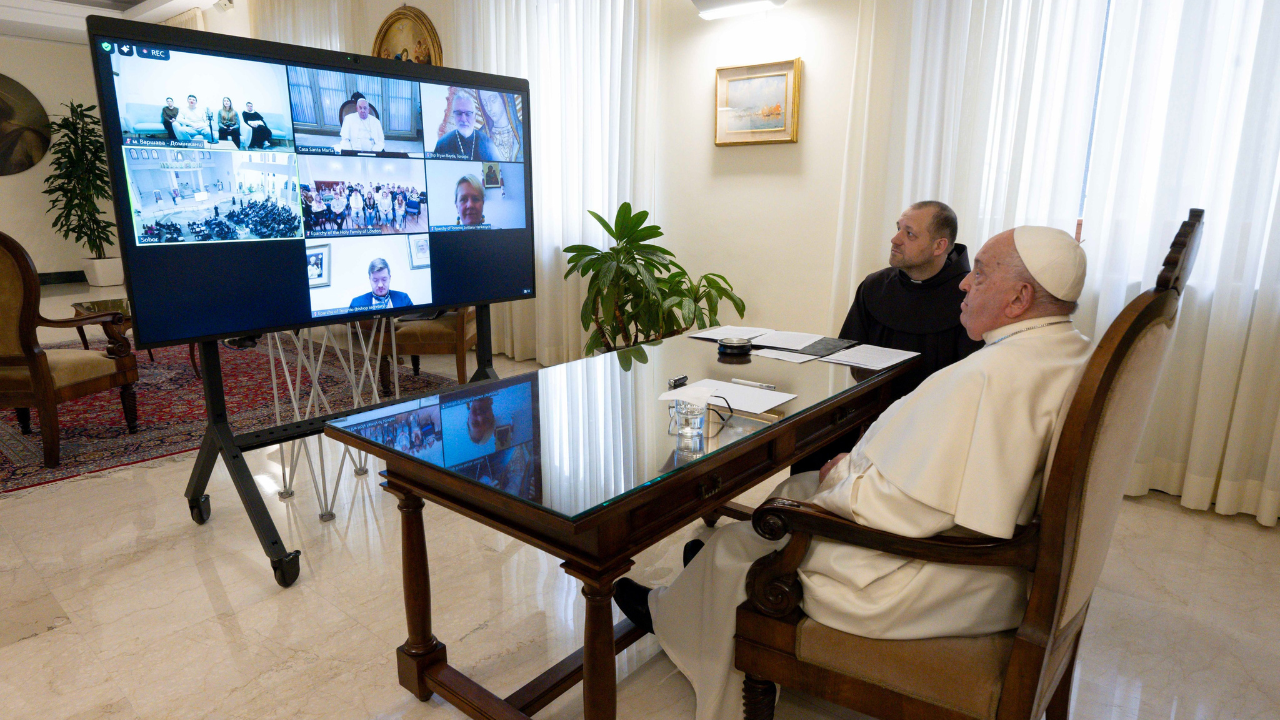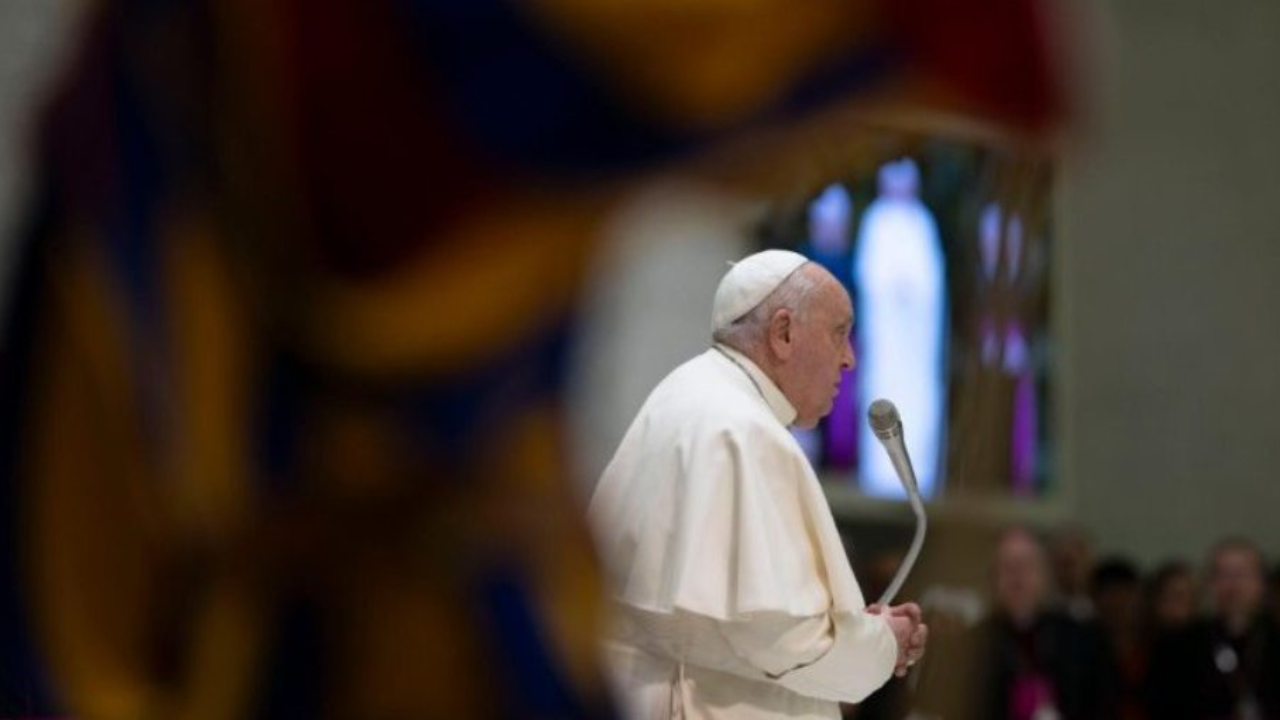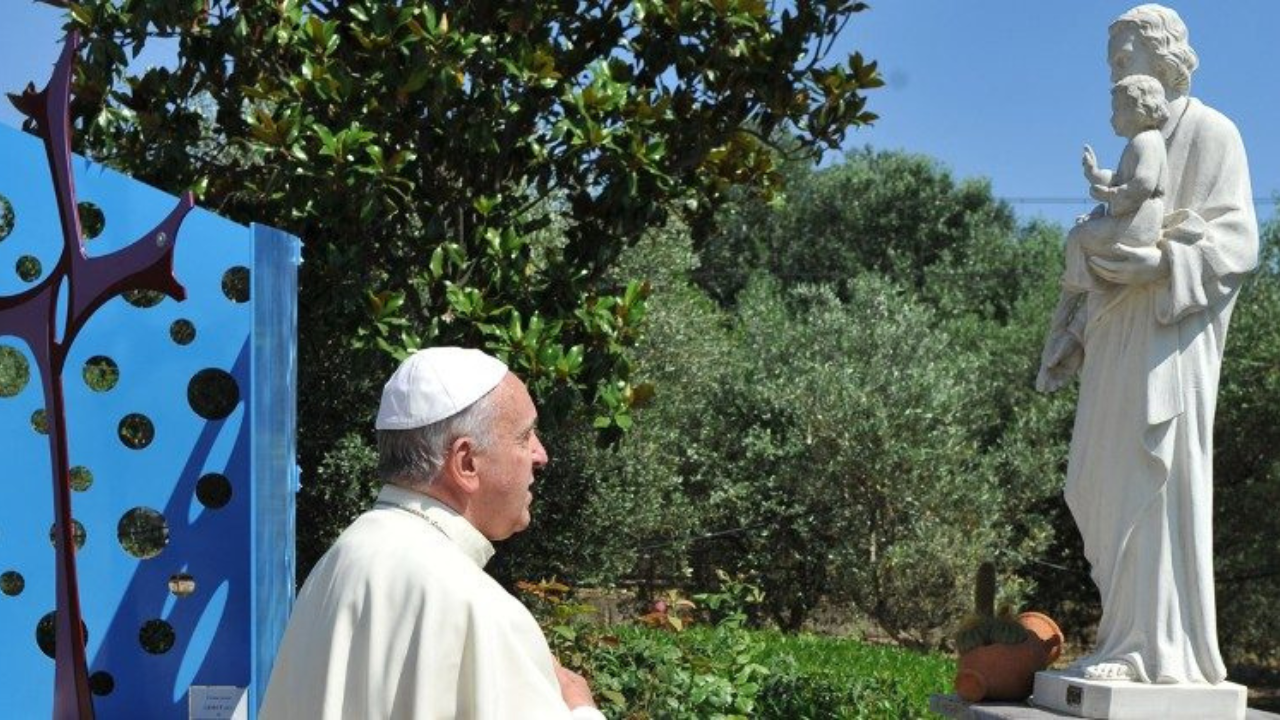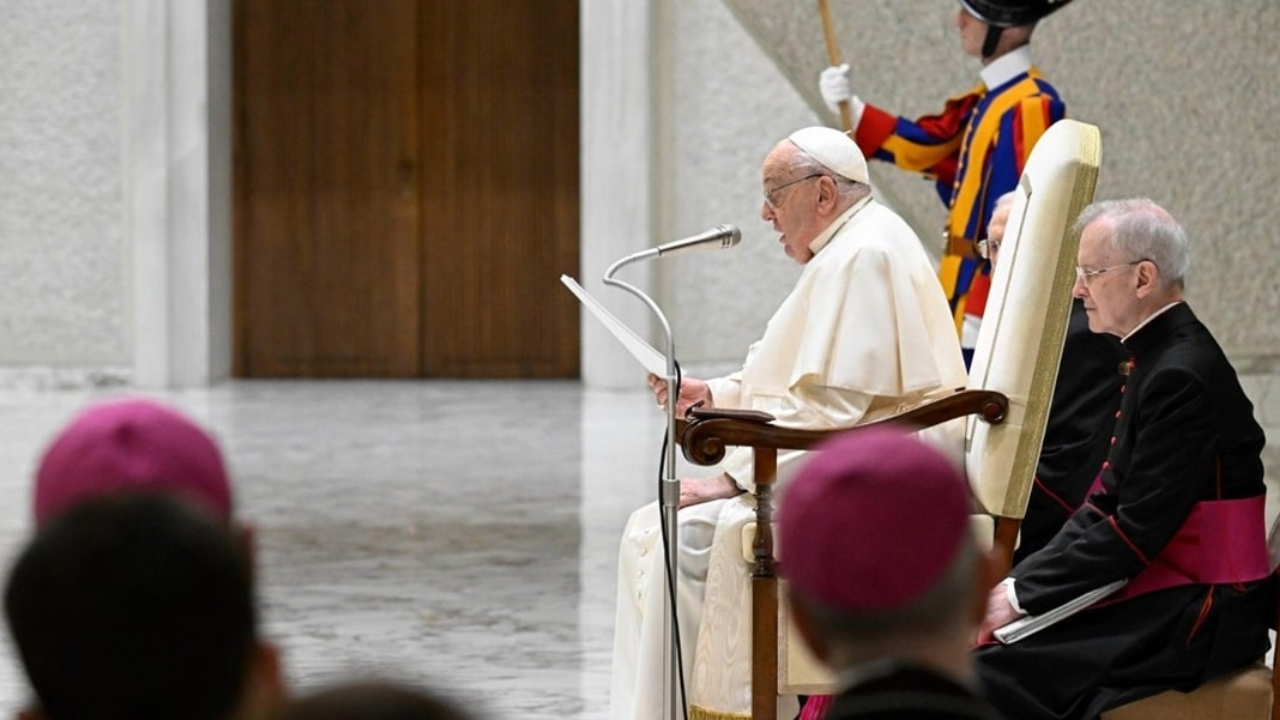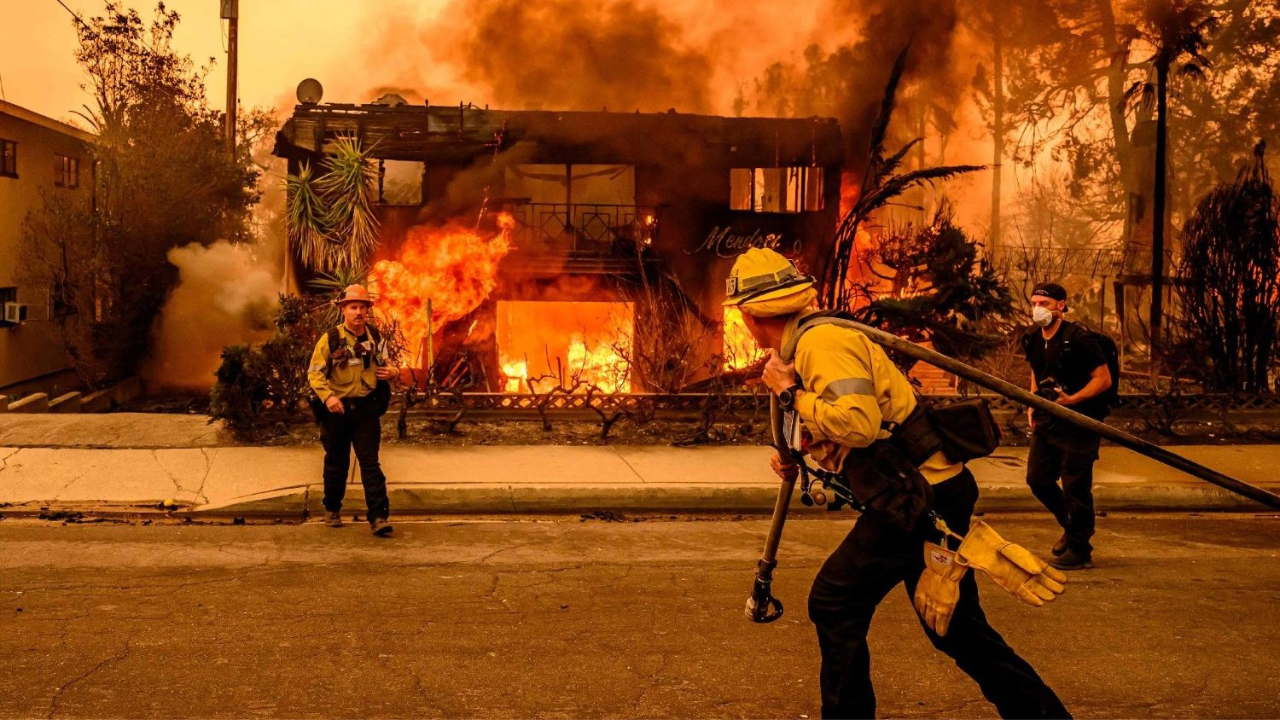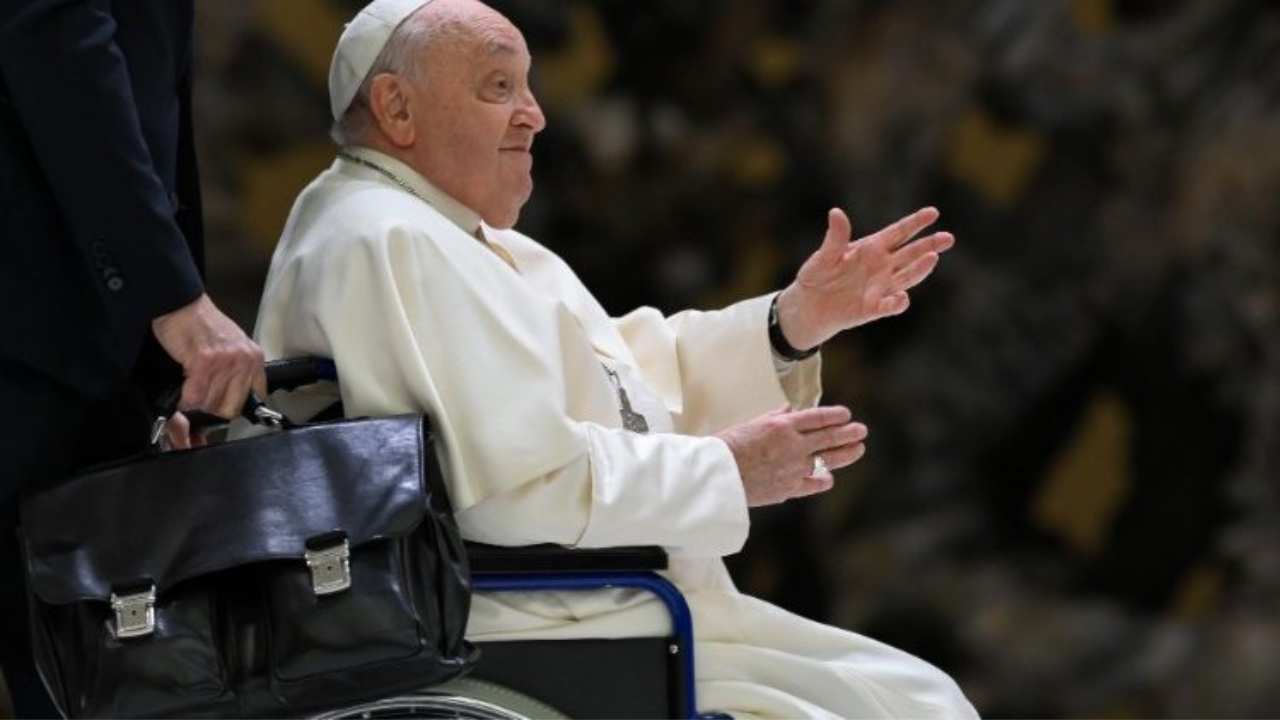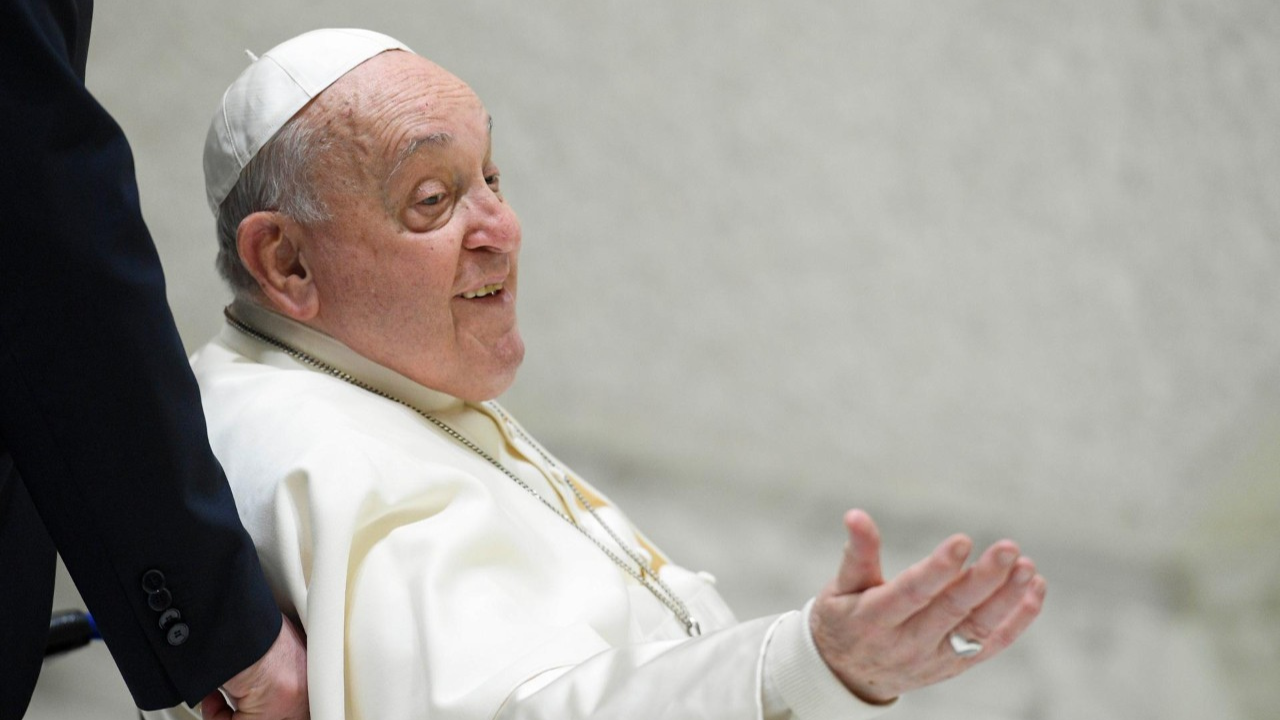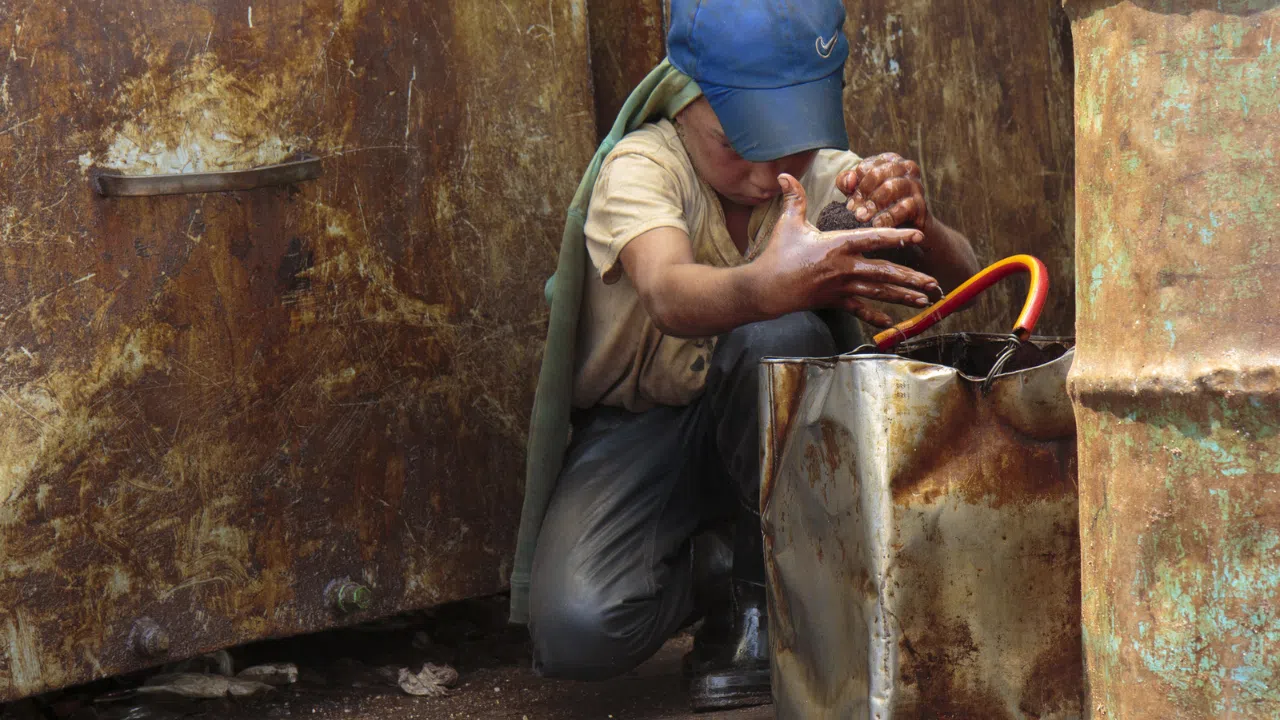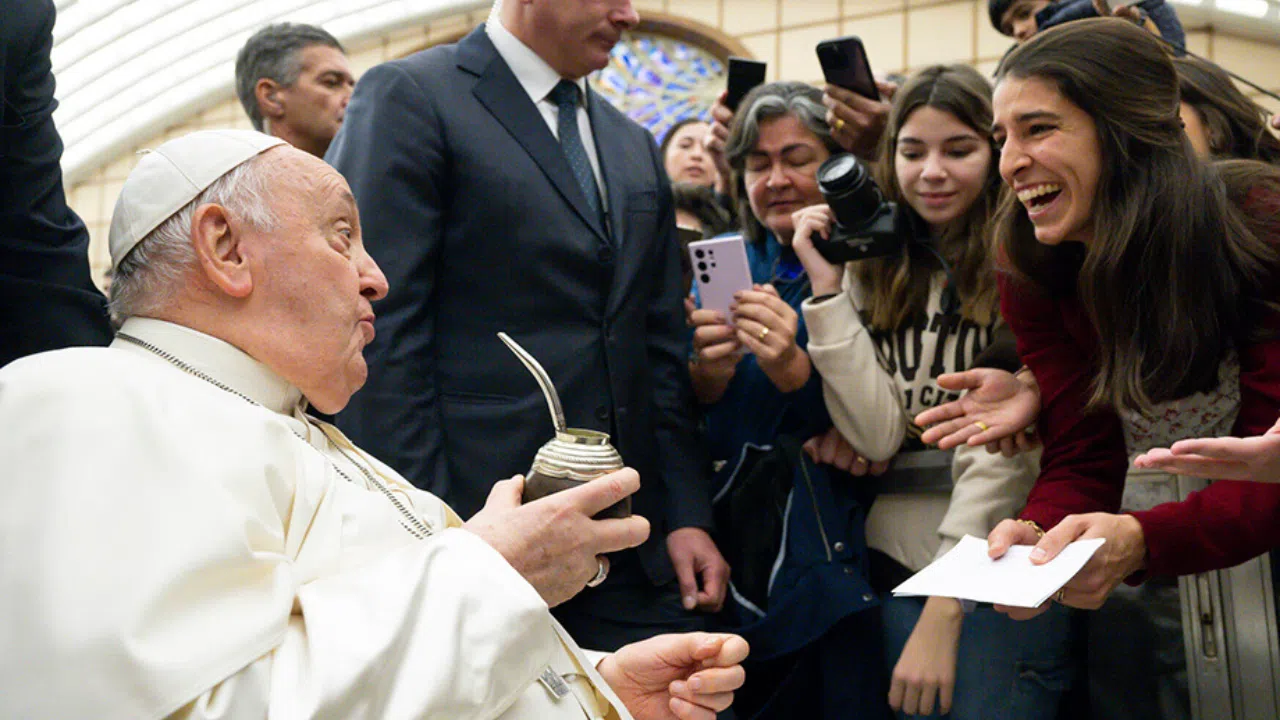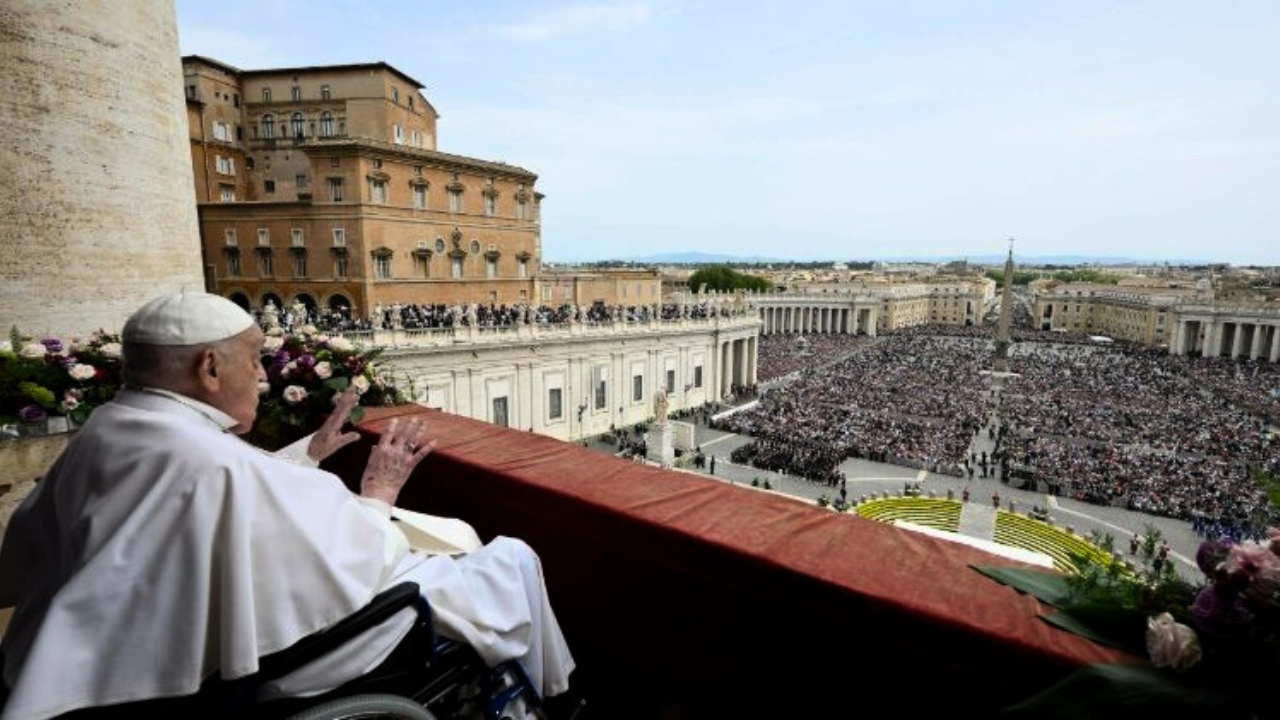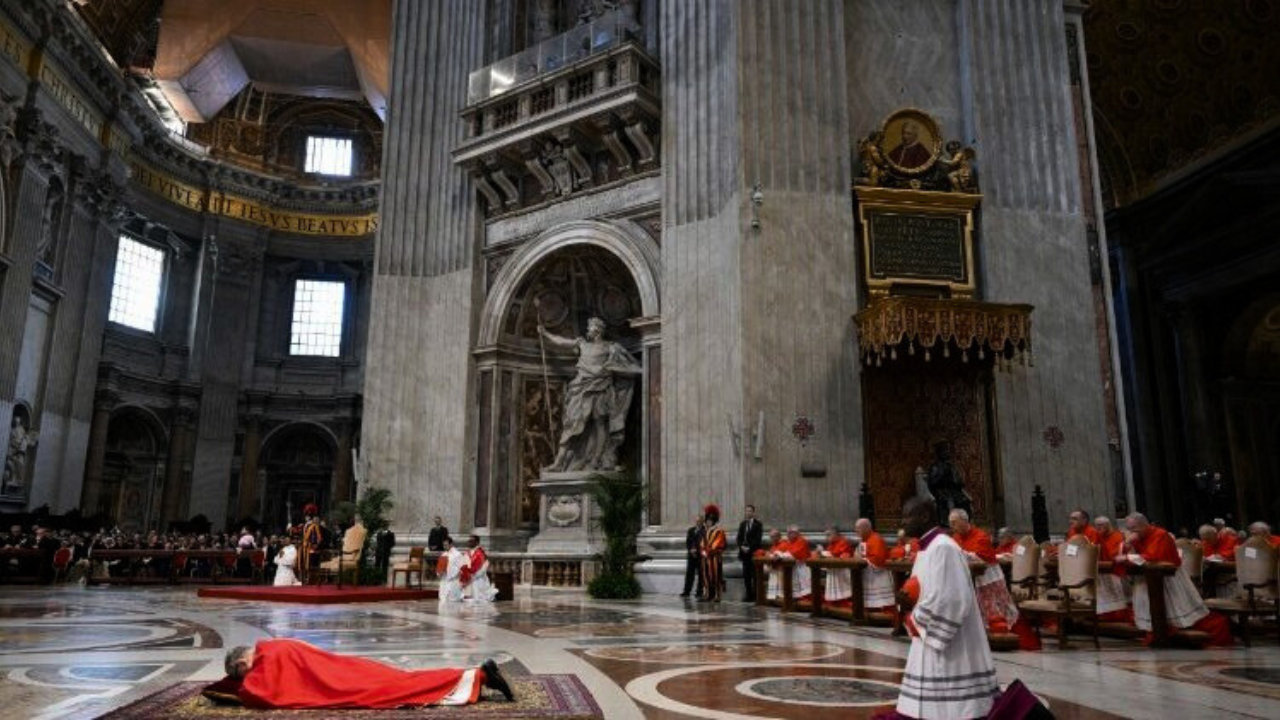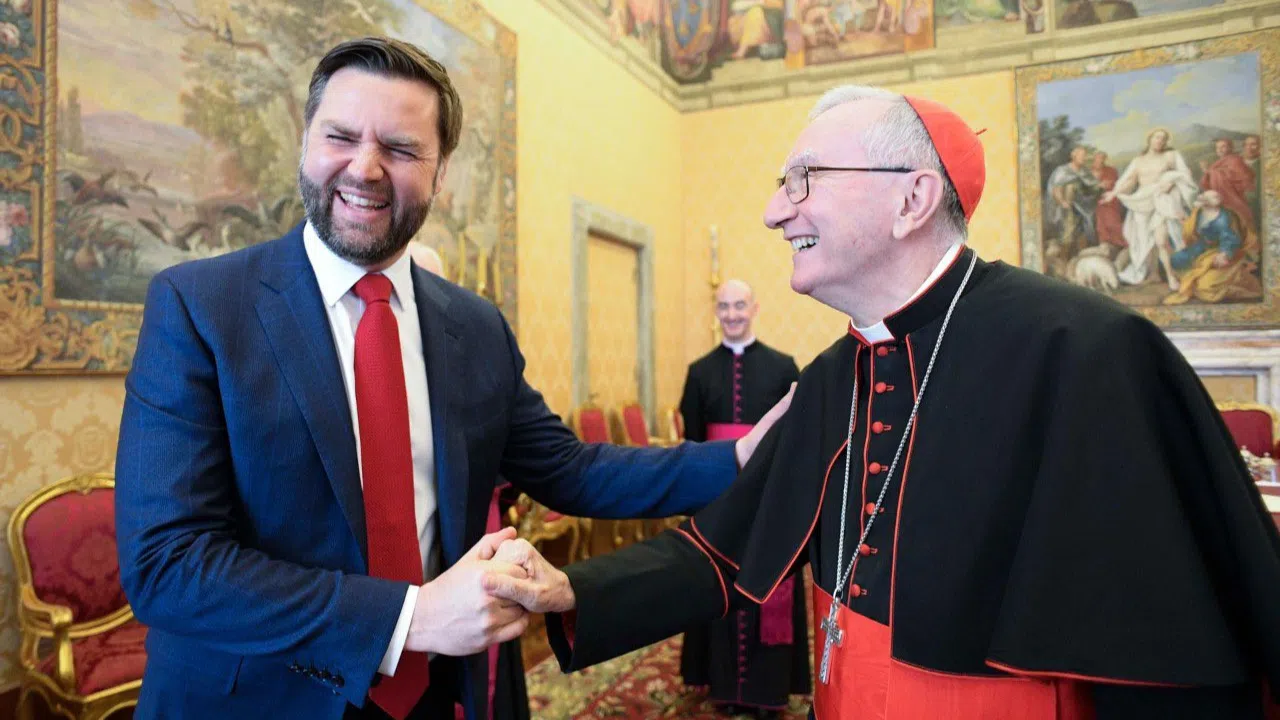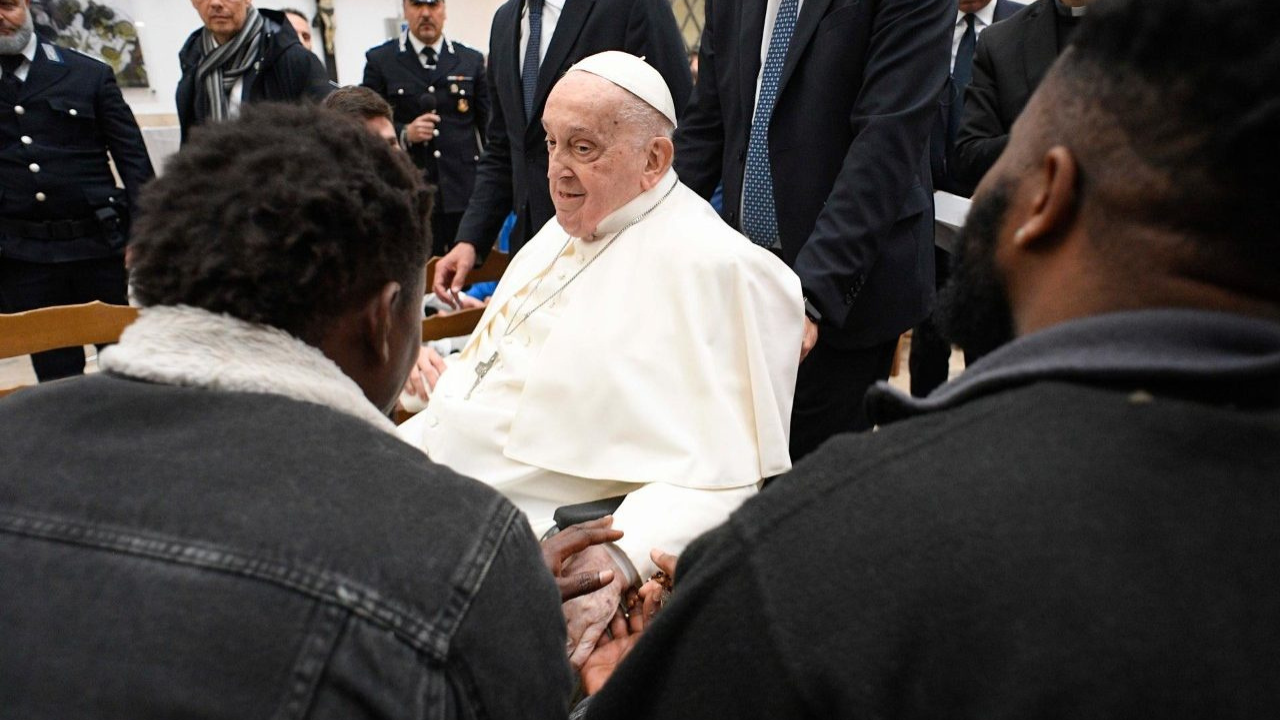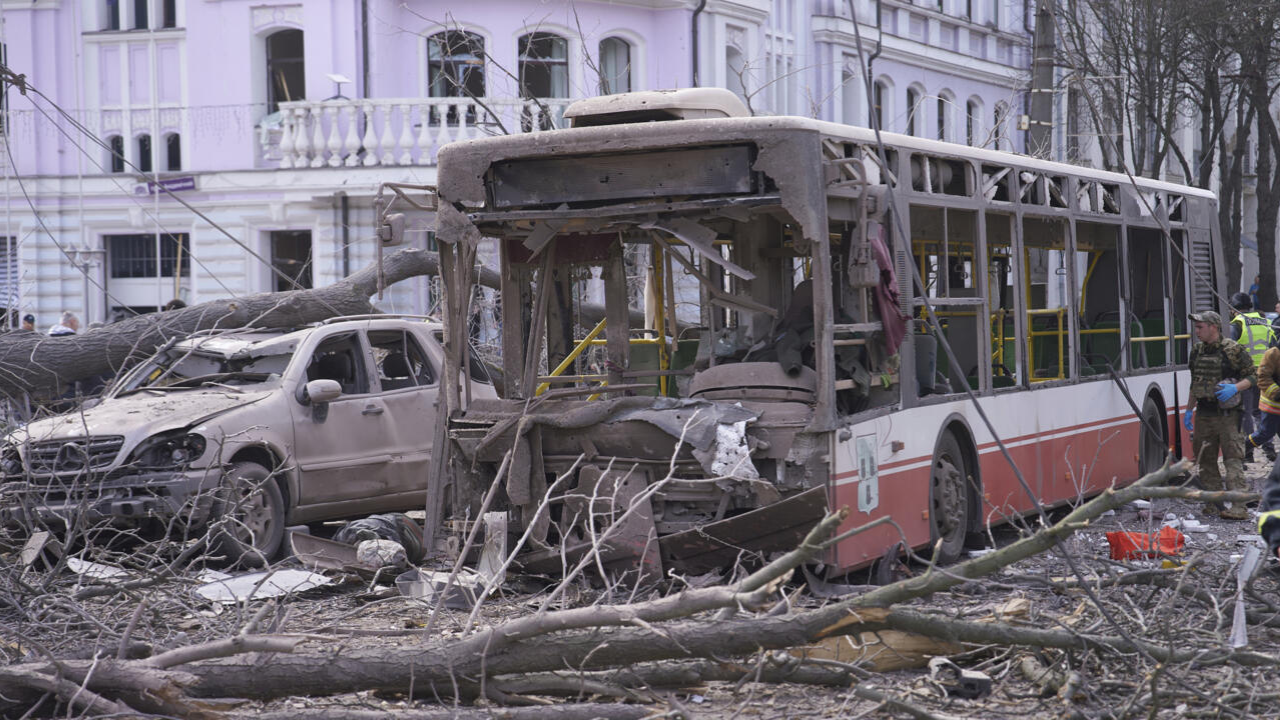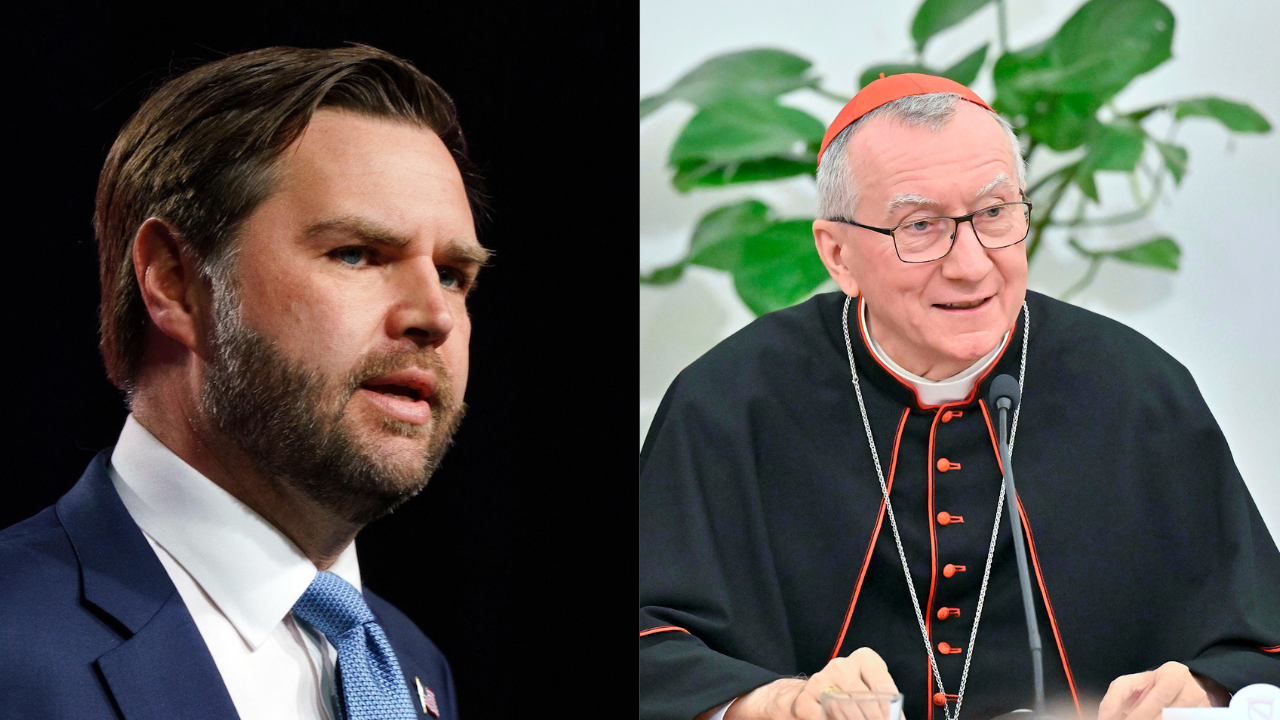During his catechesis, the pope pointed out another social illness revealed during the pandemic: the social gap created by an economic sickness.
POPE FRANCIS
A few rich people, a small group, possess more than all the rest of humanity. This is pure statistic. It's an injustice that cries out to heaven! At the same time, this economic model is indifferent to the damage inflicted on our common home.
Pope Francis warned that nature is at its limits due to the sin of wanting to possess and dominate it. In fact, the pope noted that human beings do not own Creation. Rather, they are stewards called to make it fruitful. Those fruits, insisted Pope Francis, belong to everyone.
POPE FRANCIS
When the obsession to possess and dominate excludes millions of persons from having primary goods; when economic and technological inequality are such that the social fabric is torn; and when dependence on unlimited material progress threatens our common home, then we cannot stand by and watch. No, this is distressing. We can't just stand by and watch.
That's why the pope criticized selfishness, which transforms the homo sapiens into a species of homo œconomicus—individualistic, calculating and dominating. He asked instead for people to take advantage of these moments of crisis to change and improve, so that no one is lacking.
POPE FRANCIS
After this crisis, will we continue with this economic system of social injustice and disregard for caring for the environment, Creation and our common home? Let's think about it.
Lastly, the pope invited the faithful to also think about the millions of children who starve to death and who can't go to school due to a poor distribution of wealth. He expressed his hope that the circumstances of so many needy children will help us understand that we must come out of this crisis as an improved society.
